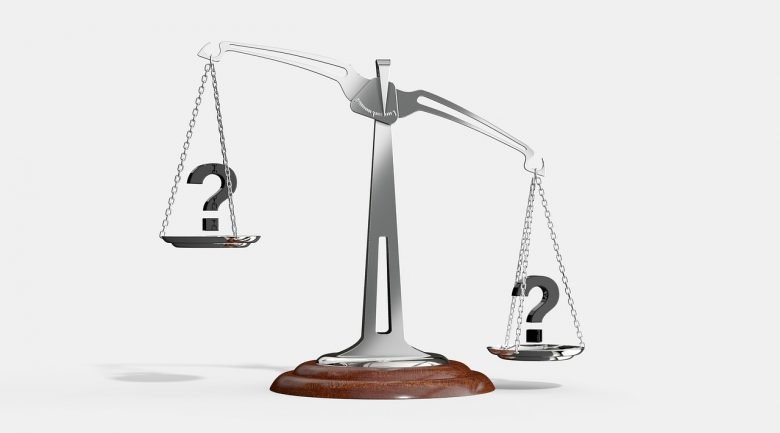In today’s rapidly growing world of artificial intelligence, two titans stand out in the kingdom of language models: Grok and ChatGPT-4. Both have garnered considerable attention for their abilities, but which one truly stands out? In this article, we’ll delve deep into the pros and cons of each, examining their use cases, accessibility for beginners versus experienced users, and how each can profit from their respective models.
Understanding Grok and ChatGPT-4
Before diving into the comparison, it’s important to understand what Grok and ChatGPT-4 are. Grok, a fairly new entrant in the AI space, boasts unique features that cater to specific requirements. On the other hand, ChatGPT-4, developed by OpenAI, has been a game-changer in natural language processing, understood for its advanced conversational capabilities and widespread applications.
Read Also: Chat GPT Sandbox Exploring the Future of Conversational AI and Beyond
Pros and Cons: A Balanced View
When comparing Grok and ChatGPT-4, it’s important to consider both the benefits and limitations of each.
Grok: Benefits and Limitations
- Benefits: Grok excels in specialized tasks and offers tailored resolutions for specific industries. Its architecture is developed for high efficiency in certain usage cases, making it a go-to option for niche applications.
- Limitations: Regardless, Grok’s specialization can be a double-edged sword. Its focused strategy might limit its versatility and applicability in a broader range of scenarios compared to ChatGPT-4.
ChatGPT-4: Benefits and Limitations
- Benefits: ChatGPT-4 glows with its versatile capabilities, handling a broad range of topics and conversations with ease. Its comprehensive training on diverse datasets makes it adept at understanding and generating human-like text, suitable for different applications.
- Limitations: Despite its strengths, ChatGPT-4 can sometimes generate responses that are less tailored to distinct industries, as its generalist nature might not always align with specialized needs.
Read Also: GOOGPT-4 Review: Elevating Marketing Strategies
Future Prospects: What Lies Ahead?
Looking ahead, both Grok and ChatGPT-4 are balanced to evolve. The future of Grok lies in further refining its specialization, potentially making it even more useful in its targeted domains. ChatGPT-4, meanwhile, might see improvements in its algorithm to provide even more nuanced and context-aware reactions, bridging the gap between a generalist strategy and industry-specific requirements.
Comparing Limitations: Grok vs. ChatGPT-4
When it comes to limitations, Grok’s prior challenge is its narrower scope of application, while ChatGPT-4 might occasionally struggle with highly specialized questions. However, both models are continuously evolving, with developers performing to mitigate these limitations.
Use Case Scenarios: Where Each Shines
Grok is especially well-suited for tasks that demand deep knowledge in specific sectors, such as finance or healthcare. In difference, ChatGPT-4’s broad knowledge base makes it perfect for applications like content creation, customer service, and educational tools.
Read Also: Top Character.AI Alternatives Without NSFW Filter
Accessibility: Beginners vs. Experienced Users
For newbies, ChatGPT-4’s intuitive interface and generalist nature make it more available. Experienced users, particularly those with specialized requirements, might find Grok’s targeted approach more useful.
Leveraging Both Models for Maximum Benefit
The key to maximizing the advantages of Grok and ChatGPT-4 lies in understanding their individual strengths. For general questions and broad applications, ChatGPT-4 is the go-to model. However, when dealing with industry-specific tasks, Grok’s specialized abilities offer a significant benefit.
Conclusion
In conclusion, both Grok and ChatGPT-4 have their special strengths and weaknesses. The selection between them depends on the specific requirements and expertise of the user. By leveraging the strengths of each, one can achieve a synergistic strategy to problem-solving and innovation in the kingdom of artificial intelligence.
